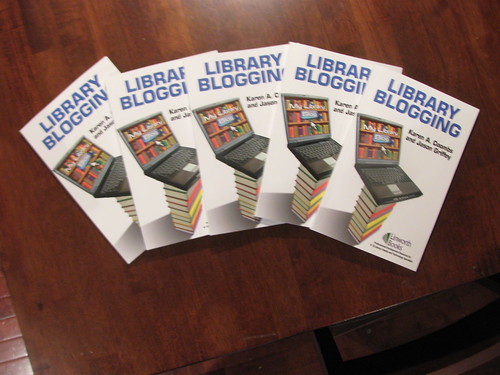 Just wanted to wrap up a few thoughts I had after sitting through the “input session” organized by ITI and The Otter Group on the whole SWIFT/CiL thing. Several really important points came up during that session, which I felt like needed to be pulled out for comment.
Just wanted to wrap up a few thoughts I had after sitting through the “input session” organized by ITI and The Otter Group on the whole SWIFT/CiL thing. Several really important points came up during that session, which I felt like needed to be pulled out for comment.
First was Ryan Deschamps comment during the (admittedly somewhat tense) discussion. Paraphrased, it was “you don’t just have to be good, you have to be better than me.” This wasn’t said egoistically, just to point out that any particular tool, especially a tool that is commercial in nature, has to be better in significant ways than the tools that are available for free. As well, the tool has to do something that the individual attendees of the conference can’t do either as easily or as quickly by themselves. While I’m quite sure that not everyone at Computers in Libraries is as talented as Ryan, I’m equally sure that anything he or any of the other seriously talented people who were at the input session were to build would be sharable and community driven. As Michael Sauers pointed out on llyfrgellydd.info, several presenters created tools for free, for the hell of it, that ended up being huge drivers of the conference. SWIFT has to be better than them, and it’s not.
Second was the issue that I have with perceived audience of this product. The product is marketed at people who use tools that rely on tags as metadata…flickr, blogs, delicious, etc. It, by necessity, has to have tags in order to pull all the disparate pieces together. But the very people using those services are the people who don’t need SWIFT. The Otter Group developed a platform that is useless for the very people that must use it for it to work.
 Third and last is what the session turned out to be. Meredith Farkas has, as usual, a thoughtful post on her take on the session, and comments on the very real tension in the room. I think the tension was a result of the clash between expectation and implementation…we expected an actual feedback session, and we got a sales pitch. Meredith got to the party a little late, and might have missed the fascinating anecdote about where Kathleen got the name for the product (SWIFT is named after a bird!).
Third and last is what the session turned out to be. Meredith Farkas has, as usual, a thoughtful post on her take on the session, and comments on the very real tension in the room. I think the tension was a result of the clash between expectation and implementation…we expected an actual feedback session, and we got a sales pitch. Meredith got to the party a little late, and might have missed the fascinating anecdote about where Kathleen got the name for the product (SWIFT is named after a bird!).
We. Don’t. Care. We use products called things like ooVoo, Tumblr, Hulu, and Twitter. Clearly names are not at the top of our list when we choose products or service. We didn’t care about the history of the product, nor even really about its intended use. The street finds its own uses. The point of Web2.0 and Library 2.0 is to provide tools.
Several people in the room commented on the fact that The Otter Group seemed not at all interested in really hearing about the problems with the product. Everything was blamed on “being beta”, or on the lawyers, or something. My take on it is that they just don’t seem to get the social web, as hard as they tried and as much history as they have in trying to make it a commercial product. They fell hard once with their ALA Bootcamp, and if possible fell even harder with Cil2008 and SWIFT.
Oh, and since I know that eventually Kathleen and The Otter Group will see this: Who won the Wii?





